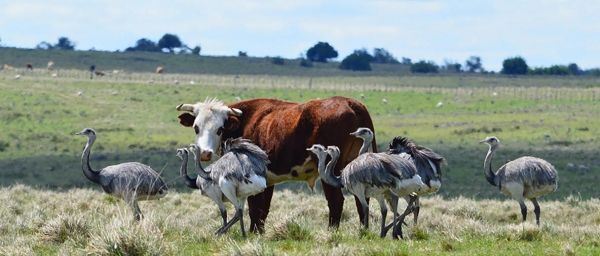Biodiversity loss is one of the most prominent global issues, also affecting human well-being. With privately owned land covering large areas of the world, private land conservation is an increasingly recognized strategy to address the biodiversity crisis and support human well-being.
Several governments are currently developing and implementing private land conservation policies to achieve national and global conservation targets. A new study assessed 30 years of published scientific literature in order to identify research gaps and mainstream future private land conservation research.
“We found that 78% of the articles focused on four countries only, namely United States of America, Australia, South Africa and Canada”, says Gonzalo Cortés Capano, a PhD student at the University of Helsinki and lead author of the study. “However, priority areas for biodiversity conservation on private land extend well beyond these four countries. Worryingly, we also found that half of the articles did not report the engagement of any stakeholder sector, which is fundamental for successful biodiversity conservation”.
Read more at: University of Helsinki
Domestic cattle and Greater Rhea (Rhea americana) coexisting in native grasslands, Uruguay. (Photo Credit: GONZALO CORTÉS CAPANO)


